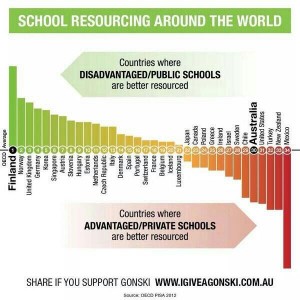Super 15 Predictions for Round 14
Team Ratings for Round 14
The basic method is described on my Department home page. I have made some changes to the methodology this year, including shrinking the ratings between seasons.
Here are the team ratings prior to this week’s games, along with the ratings at the start of the season.
| Current Rating | Rating at Season Start | Difference | |
|---|---|---|---|
| Crusaders | 9.32 | 8.80 | 0.50 |
| Sharks | 5.19 | 4.57 | 0.60 |
| Chiefs | 4.59 | 4.38 | 0.20 |
| Brumbies | 4.38 | 4.12 | 0.30 |
| Waratahs | 3.05 | 1.67 | 1.40 |
| Bulls | 2.70 | 4.87 | -2.20 |
| Hurricanes | 2.13 | -1.44 | 3.60 |
| Blues | -0.45 | -1.92 | 1.50 |
| Stormers | -0.92 | 4.38 | -5.30 |
| Force | -1.70 | -5.37 | 3.70 |
| Highlanders | -2.23 | -4.48 | 2.30 |
| Cheetahs | -3.56 | 0.12 | -3.70 |
| Reds | -4.10 | 0.58 | -4.70 |
| Rebels | -5.24 | -6.36 | 1.10 |
| Lions | -6.17 | -6.93 | 0.80 |
Performance So Far
So far there have been 81 matches played, 54 of which were correctly predicted, a success rate of 66.7%.
Here are the predictions for last week’s games.
| Game | Date | Score | Prediction | Correct | |
|---|---|---|---|---|---|
| 1 | Chiefs vs. Blues | May 09 | 32 – 20 | 6.80 | TRUE |
| 2 | Rebels vs. Hurricanes | May 09 | 15 – 25 | -2.40 | TRUE |
| 3 | Highlanders vs. Lions | May 10 | 23 – 22 | 9.00 | TRUE |
| 4 | Brumbies vs. Sharks | May 10 | 16 – 9 | 2.60 | TRUE |
| 5 | Cheetahs vs. Force | May 10 | 16 – 23 | 3.50 | FALSE |
| 6 | Bulls vs. Stormers | May 10 | 28 – 12 | 4.70 | TRUE |
| 7 | Reds vs. Crusaders | May 11 | 29 – 57 | -6.90 | TRUE |
Predictions for Round 14
Here are the predictions for Round 14. The prediction is my estimated expected points difference with a positive margin being a win to the home team, and a negative margin a win to the away team.
| Game | Date | Winner | Prediction | |
|---|---|---|---|---|
| 1 | Hurricanes vs. Highlanders | May 16 | Hurricanes | 6.90 |
| 2 | Crusaders vs. Sharks | May 17 | Crusaders | 8.10 |
| 3 | Reds vs. Rebels | May 17 | Reds | 3.60 |
| 4 | Stormers vs. Force | May 17 | Stormers | 4.80 |
| 5 | Cheetahs vs. Brumbies | May 17 | Brumbies | -3.90 |
| 6 | Waratahs vs. Lions | May 18 | Waratahs | 13.20 |
